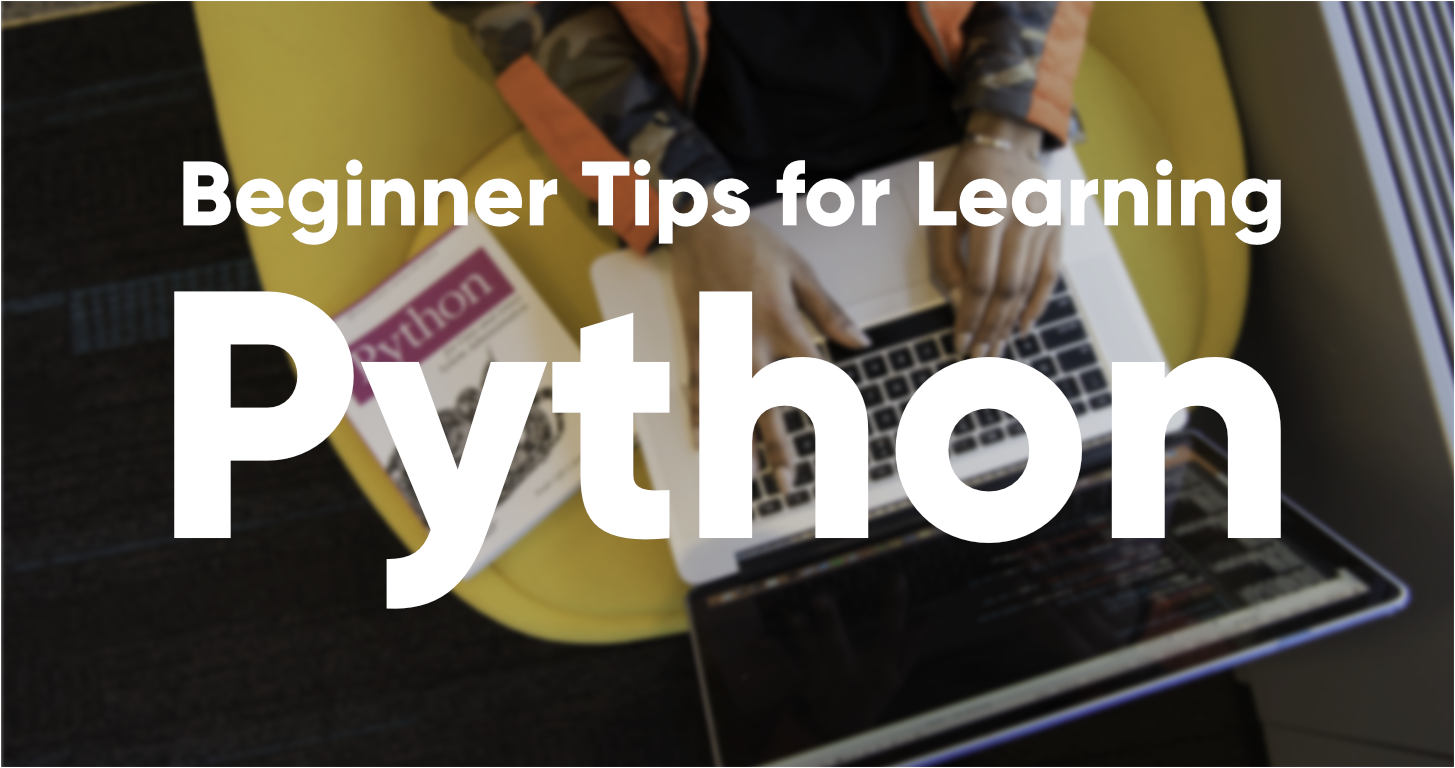10 Best Beginner’s Tips for Learning Python
Last Updated :
08 Mar, 2024
Python is a high-level, interpreted, general-purpose programming language that supports both object-oriented programming and structured programming. It is quite versatile and offers a lot of functionalities using standard libraries which allows the easy implementation of complex applications.

Python is also the most popular and fastest-growing programming language at current times. Keeping this in mind, we’re going to discuss some of the basic tips for learning Python on a beginner’s scale.
10 Best Beginner’s Tips for Learning Python
1. Understand Your Area of Interest
Before starting to learn Python, it is important to understand your area of interest so that you remain motivated. Some of the areas to explore with Python are Machine Learning, Artificial Intelligence, Web Development, Robotics, App development, Python scripts, etc. and from here your journey of learning Python Programming Language will start.
2. Learn The Basic Python Syntax
It is necessary to learn the basics of Python Programming before starting anything. Only a little time is required to become familiar with the syntax and you can move on to coding. Any doubts that arise later can always be addressed by referring back to the syntax.
You can also refer to this article to learn more: Introduction to Python
3. Practice Coding Everyday
It is very important to code every day while learning a new programming language, this will enhance your capability to make a strong grip on the basic of Python Programming Language. This establishes consistency and helps you become more familiar with the language. You can start small and gradually increase your coding time as you go along.
4. Make Notes As Required
Personalized handwritten notes are a great way to understand the concepts and syntax of Python as they require focused concentration. They also help later in case of any doubts as they contain a lot of important information in the same place.
5. Try An Online Course
Online courses are a great way to learn Python as they provide the necessary information as well as the means to test it. Online courses also contain feedback systems where you can request help if required. Also, these courses progress from basic to advanced concepts which increases your knowledge in an efficient manner.
6. Bounty Hunting
The basics of learning Python is that you don’t need to be frustrated while working on bugs again and again. Instead, you can work as hard as you can just like bounty hunters do. Once you’ll adopt this change, debugging will become much easier for you.
Think like a problem solver and execute your codes by narrowing down your issues in them.
Refer to this article for best reference: Python Debugger – Python pdb
7. Interact with Other People
Python has a large online community and it is easy to interact with other people to clear your doubts or participate in discussions. Also, answering questions on online forums is great to increase your own understanding of Python and clear your concepts.
8. Teach Python To Someone Else
It is said that you only know something when you can teach it to someone else. So teach Python to others, whether in the form of blog posts, video recordings, live lectures, etc. This will enhance your own understanding of Python and also expose any holes in your knowledge that need to be filled. This activity can be helpful in learning basic of Python programming for sure.
After reading the beginner tips for learning Python, it is time to go ahead and practice them. Take lots of notes, practice writing the code as often as possible, and ask lots of questions when required. Understand the Python best practices and follow them meticulously. Do lots of projects and teach others to remain in touch with basics. Above all, remember to have fun!!
9. Do Small Projects
As a beginner, small projects are a good way to understand Python language more deeply and become more competent in it. It is not necessary that these projects are very useful as long as they teach you something. Some examples of projects that can be made are a calculator app, an alarm clock app, a tic-tac-toe game, etc. After completing the beginner stage, one can start doing projects on the domain one wants to pursue further (like Web-development, ML, etc.).
Refer to these article for best reference:
10. Contribute to Open Source
Contributing to open-source Python projects helps to obtain a greater understanding of Python. Also, the comments and suggestions received will help you in becoming a better programmer and learn the best practices for Python.
Useful Resource for Beginners
Like Article
Suggest improvement
Share your thoughts in the comments
Please Login to comment...